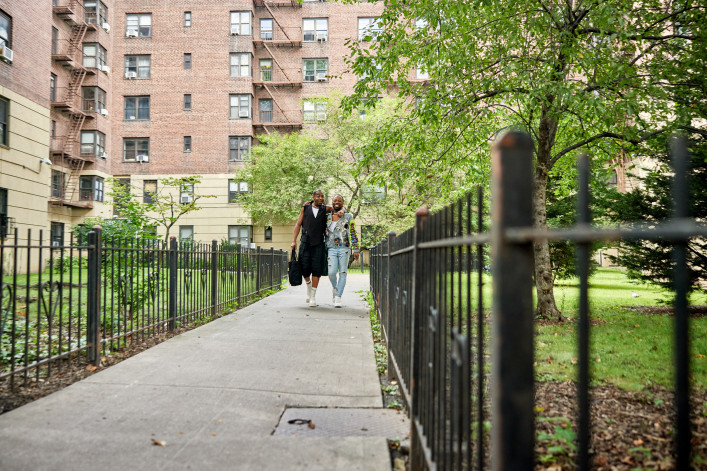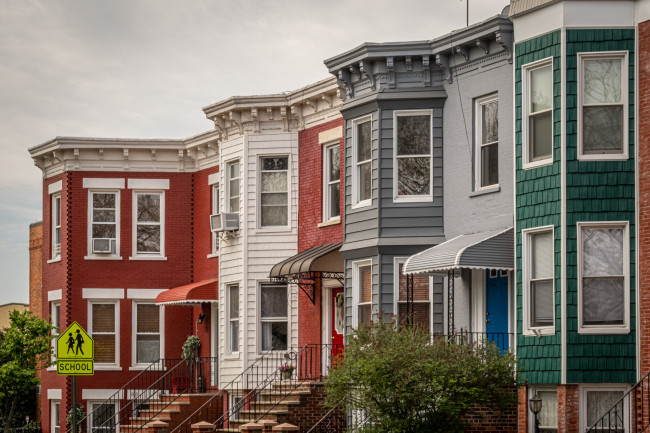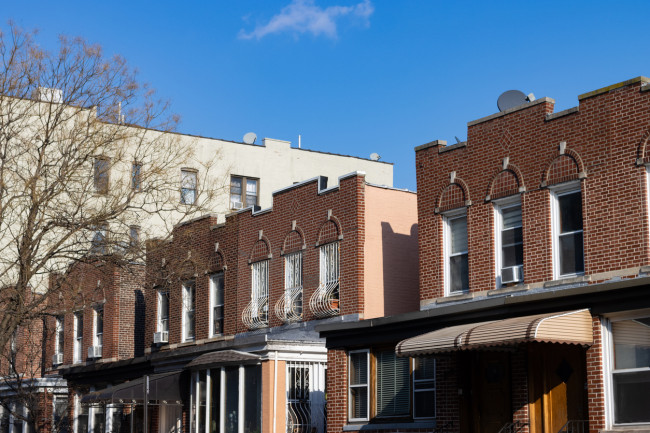Housing nonprofit secures $1 million to extend foreclosure prevention program
- The anonymous donation will go to zero-interest loans to help owners pay off arrears
- The Center for NYC Neighborhoods still needs more funding to accept new program applicants

The donation should allow the Center for NYC Neighborhoods to provide loans to 30 to 35 New Yorkers on its waitlist, a spokesperson said.
iStock
A New York housing nonprofit landed a $1 million donation to extend a program aimed at keeping New York seniors and those with disabilities in their homes.
The anonymous donation to the Center for NYC Neighborhoods (CNYCN) will allow the nonprofit to continue to make zero-interest loans to help New Yorkers pay off debts, such as overdue maintenance fees, common charges, taxes, or mortgage payments that could lead to foreclosure.
CNYCN provides loans of up to $50,000 to pay off an owner’s arrears, which is repaid when they sell the property, refinances, or die, said Scott Kohanowski, general counsel for CNYCN. The program, which is only open to New Yorkers over the age of 62 or those with disabilities, has helped 128 households through $3.5 million in loans to date, Kohanowski added.
“The idea is to prevent the loss of a home when homeowners have no other source of potential funds,” Kohanowski said. “It’s money that we’re able to recapture and recycle when the need is no longer there, and we pass that same source of funding onto the next person in need.”
The money was donated through FJC—Foundation of Philanthropic Funds, an intermediary that distributes charitable donations. With the additional funds, CNYCN expects to serve 30 to 35 New Yorkers, and has already closed on seven new loans with the funding, Kohanowski said.
The funds have allowed CNYCN to dive into its waitlist, which stood at 150 people when the organization was forced to stop accepting applications to the program in 2023 because it ran out of money. There are about 60 New Yorkers on the waitlist for the program, dubbed the Equitable Retention Mortgage Assistance Program, and CNYCN will need even more funding to reopen the program to new applicants, Kohanowski said.
“I'm pretty certain that we're going to need an additional source of funds before we're able to reopen this program for new applications,” Kohanowski said. “This is high on our priorities.”































